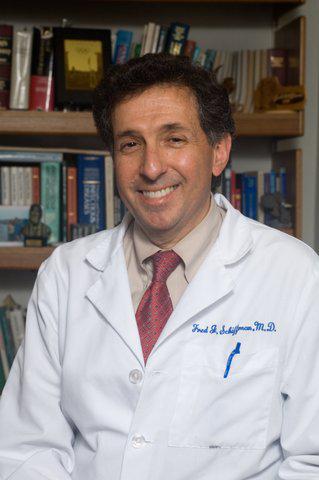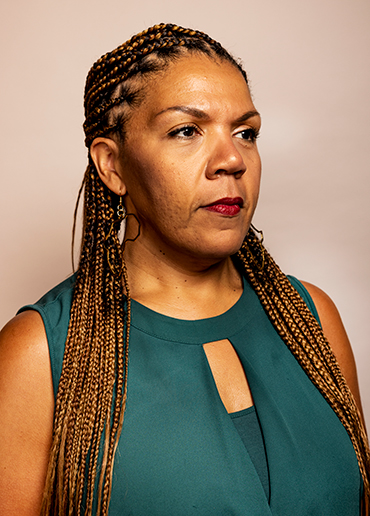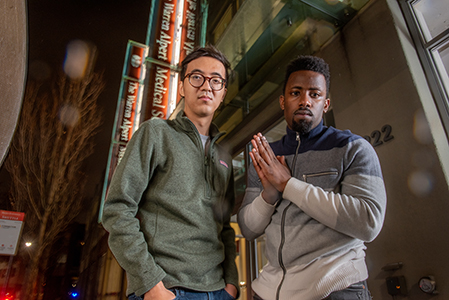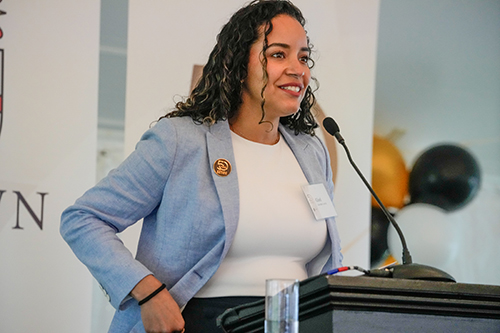For 50 years, The Warren Alpert Medical School has done more than just talk about its deeply held principles: it has lived them out every day. The School was founded with a charge to create a curriculum that provided “a humanistic approach to medicine.” Since then, Brown has pursued this vision relentlessly, developing an interlocking set of values that support this larger aim—from prioritizing inclusiveness and maintaining integrity to pursuing innovation and engaging with the broader community.
“From its inception, the Medical School has aspired to support the health of individuals and communities with humanity—through research, clinical excellence, training generations of physicians, and service to society,” Dean of Medicine and Biological Sciences Mukesh K. Jain, MD, says. “We are proud of our history and will continue to nurture these core values through our daily actions for decades to come.”
This article is based on and excerpted from “How We Live Our Values” from the fall 2022 issue of Medicine@Brown magazine. Read the full article.



